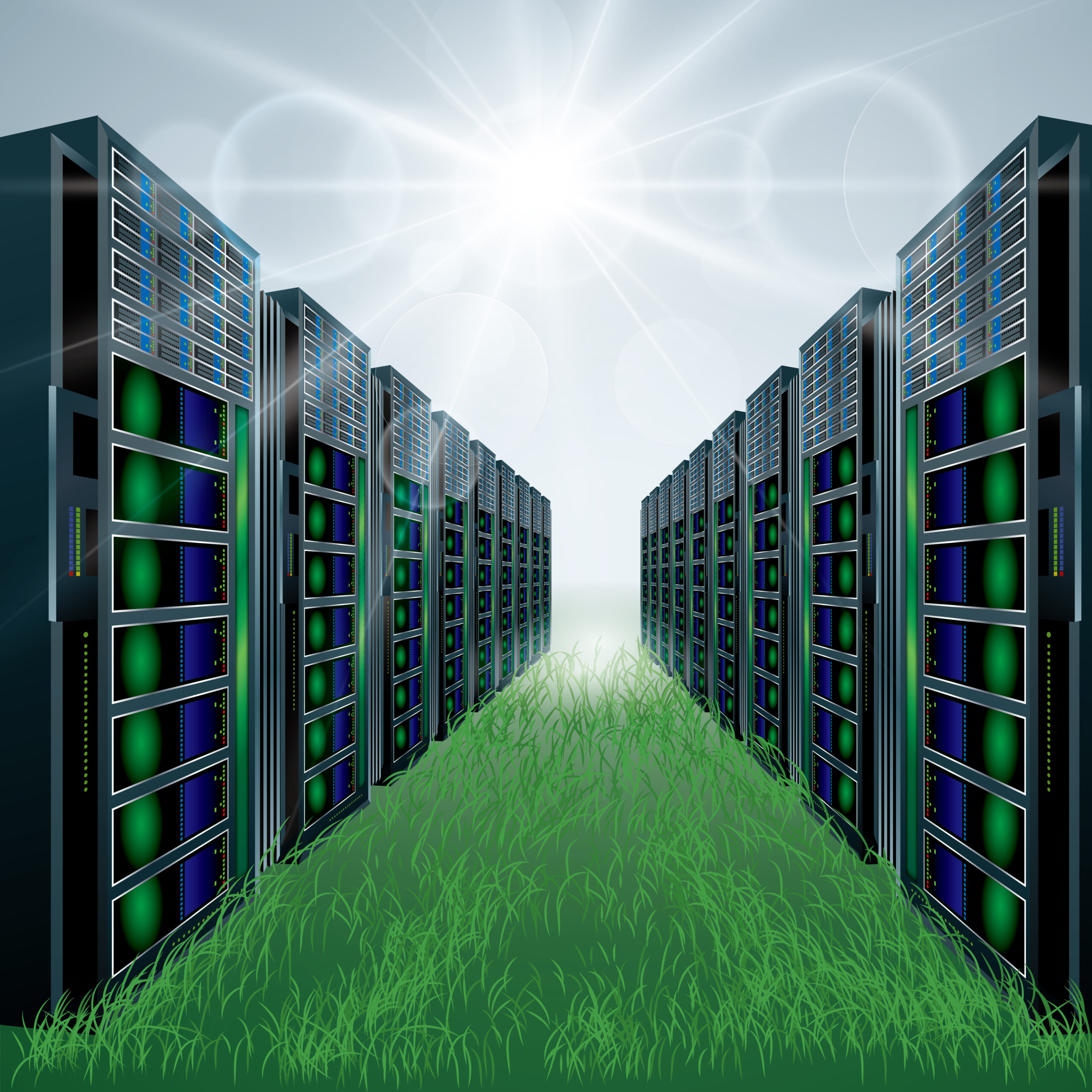TECH NEWS
Technical standardization: towards sustainable data centers
The increasing demand for data processing driven by applications such as virtual reality, artificial intelligence and connected devices, inevitably stimulates a need for more data centers.
April 16, 2024

According to estimates from the International Energy Agency[1], these infrastructures, now counting over 7 million worldwide, consume approximately 2% of global energy. Specifically, cooling and air conditioning represent on average 40% of their energy consumption. Thus, enhancing their energy efficiency holds a significant role for environmental improvement. In response to this growing concern, several initiatives have been undertaken to define technical requirements, intending to increase the efficiency of data centers.
In this context, the International Organization for Standardization (ISO) is involved in activities to enhance the energy performance of these IT equipment. These efforts are conducted within various technical committees, notably ISO/IEC JTC 1/SC 39 Sustainability, IT and Data centers subcommittee, whose primarily goals are to propose evaluation methods, design practices, as well as management aspects, in order to support the efficiency of equipment, resilience, and environmental sustainability of the infrastructure needed for digital service provision.
Several standards focusing on the energy efficiency improvement of data centers have been published by the ISO/IEC JTC 1 SC 39, namely:
- ISO/IEC 22237 series, Data centre facilities and infrastructures
- ISO/IEC TR 23050:2019, Data centres — Impact on data centre resource metrics of electrical energy storage and export
- ISO/IEC 19395:2015, Sustainability for and by information technology — Smart data centre resource monitoring and control
- ISO/IEC 21836:2020, Data centres — Server energy effectiveness metric
- ISO/IEC TR 21897:2022, Data centres — Impact of the ISO 52000 series on energy performance of buildings
- ISO/IEC 23544:2021, Data centres — Application Platform Energy Effectiveness (APEE)
The utilization of these standards is important in the current environmental context, as they provide practical solutions that enable the industry to undertake a successful transition, thus supporting the sustainable development goals.
Technical standardization, led by organizations such as ISO, CEN (European Committee for Standardization), IEC (International Electrotechnical Commission) or CENELEC (European Committee for Electrotechnical Standardization), is based on transparent drafting processes which allow the contribution from various stakeholders at the international or European level. This approach ensures the efficiency, security and sustainability of services and products, such as data centers. Participation in the standard development process is open to all interested parties, enabling professionals, organizations, governmental bodies, and academic institutions to contribute by sharing their expertise.
Currently, several documents are being developed/revised within the above-mentioned subcommittee , namely:
Do you want to actively participate in the development of standards?
ILNAS offers to national stakeholders the opportunity to register free of charge within the technical standardization committees of recognized standardization organizations such as ISO, CEN, IEC, and CENELEC. This registration enables interested individuals to actively participate in the development of standards. To register, simply complete the registration request form and send it via email to the following address: normalisation@ilnas.etat.lu.
For more information on international standards related to data centers, you can visit the webpage of the ISO/IEC JTC 1/SC 39 subcommittee, which currently has 29 published standards and 10 draft standards. All published standards can be consulted free of charge on one of the reading stations available in Luxembourg, or purchased on the ILNAS e-shop.
More information…
- Purchase standards on ILNAS e-shop
- Homepage of the ISO/IEC JTC 1/SC 39
- Work program of the ISO/IEC JTC 1/SC 39
- National registry of standardization delegates
- Participate in standardization development in Luxembourg
- Registration form for technical standardization committees
[1] https://www.iea.org/energy-system/buildings/data-centres-and-data-transmission-networks